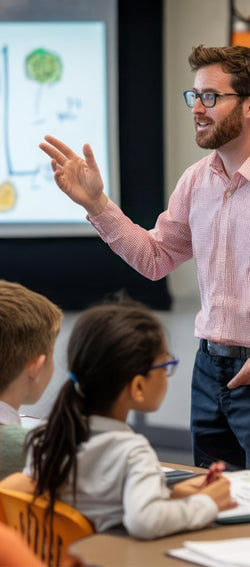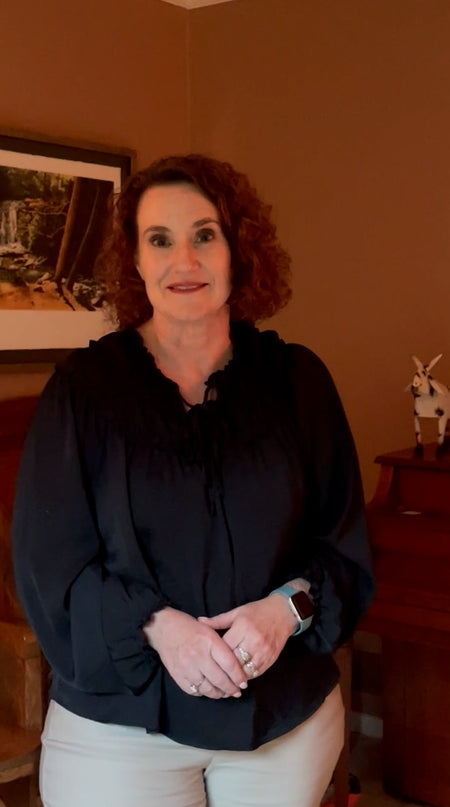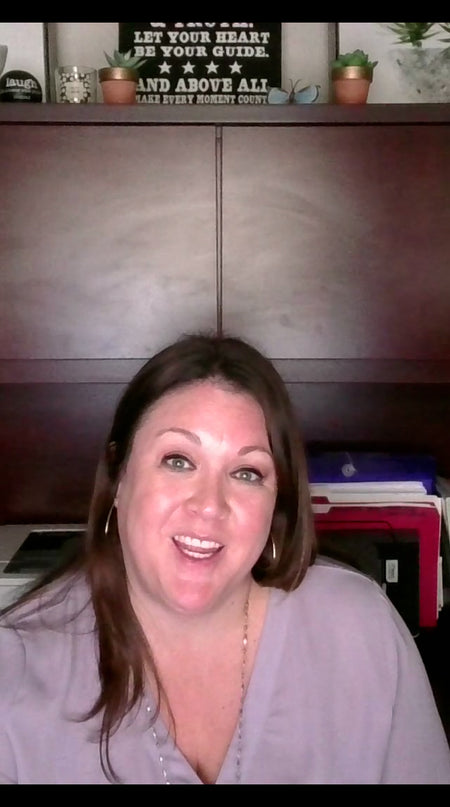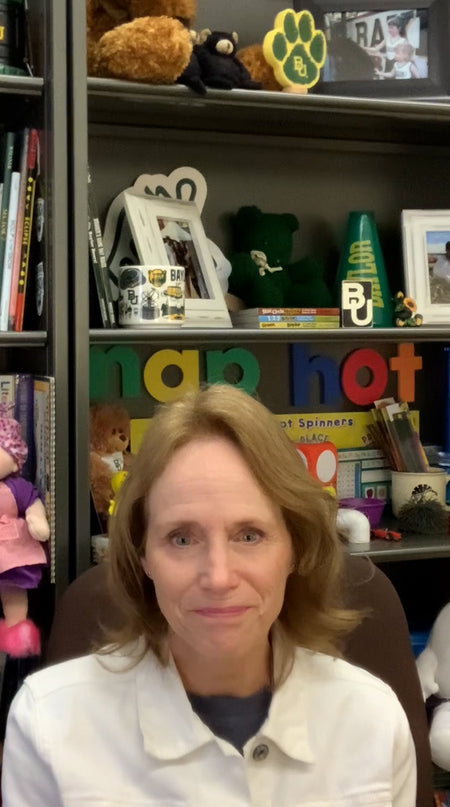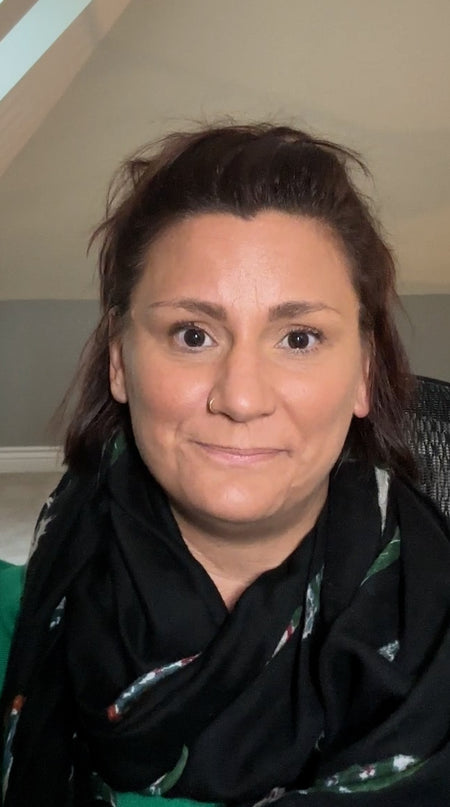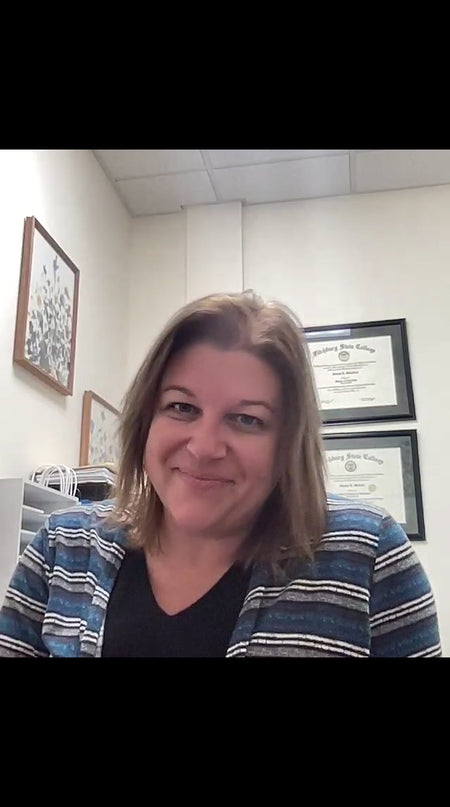Our Best-Selling Programs
Our Best-Selling Programs
All of our online training is delivered via our state-of-the-art eLearning Platform, which is cloud-based and mobile-friendly. Our training apps are available on the
App Store and Google Play.
Discover More

Teacher eLearning Bundle
Teacher eLearning Bundle
Empower your teachers with our comprehensive training library that enables them to customize their own professional development according to their needs.
Learn More

Paraeducator Online Training and Certification
Paraeducator Online Training and Certification
Enhance your paraeducators’ abilities to best support all student populations with over 140 online courses and Title I certification.
Learn More
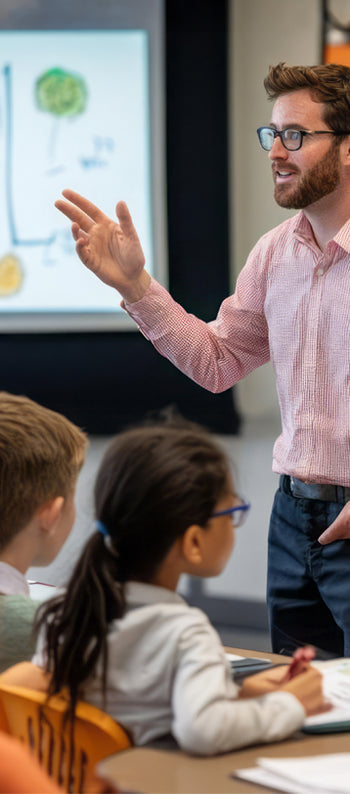
weCLIMB Observation Solution
weCLIMB Observation Solution
Simplify the process of observing, coaching, and mentoring your teachers with our intuitive, customizable web-based platform.
Learn More

Substitute Teacher Online Training
Substitute Teacher Online Training
Equip your substitute teachers with self-paced training on the fundamental knowledge and skills they need to excel in ever-changing educational
environments.
Learn More

The Master Teacher Weekly Pd Program
The Master Teacher Weekly Pd Program
Available in both print and online formats, each week offers a new, timely lesson-including points to ponder and tips-to engage teachers and encourage
reflection.
Learn More

You Can Handle Them All! Behavior App
You Can Handle Them All! Behavior App
With our systematic, user-friendly resource, enable your teachers to understand and manage 136 student behaviors and foster positive student relationships.
Learn More
Tailored Professional Development Solutions for Schools and Districts
Tailored Professional Development Solutions for Schools and Districts
Comprehensive training for all your staff with built-in white-glove customer service. We can build the training bundle that works for you and your budget!
Our Impact in Their Words
Here’s how our solutions have transformed outcomes and experiences for our educators.
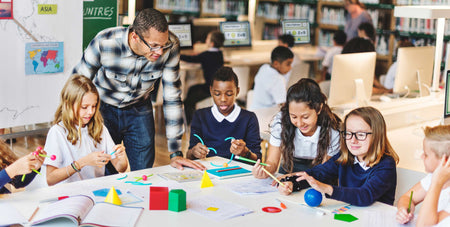





Celebrating educators.
Celebrating educators.
Develop, support, and honor education professionals with our exclusive array of products designed specifically for them!


